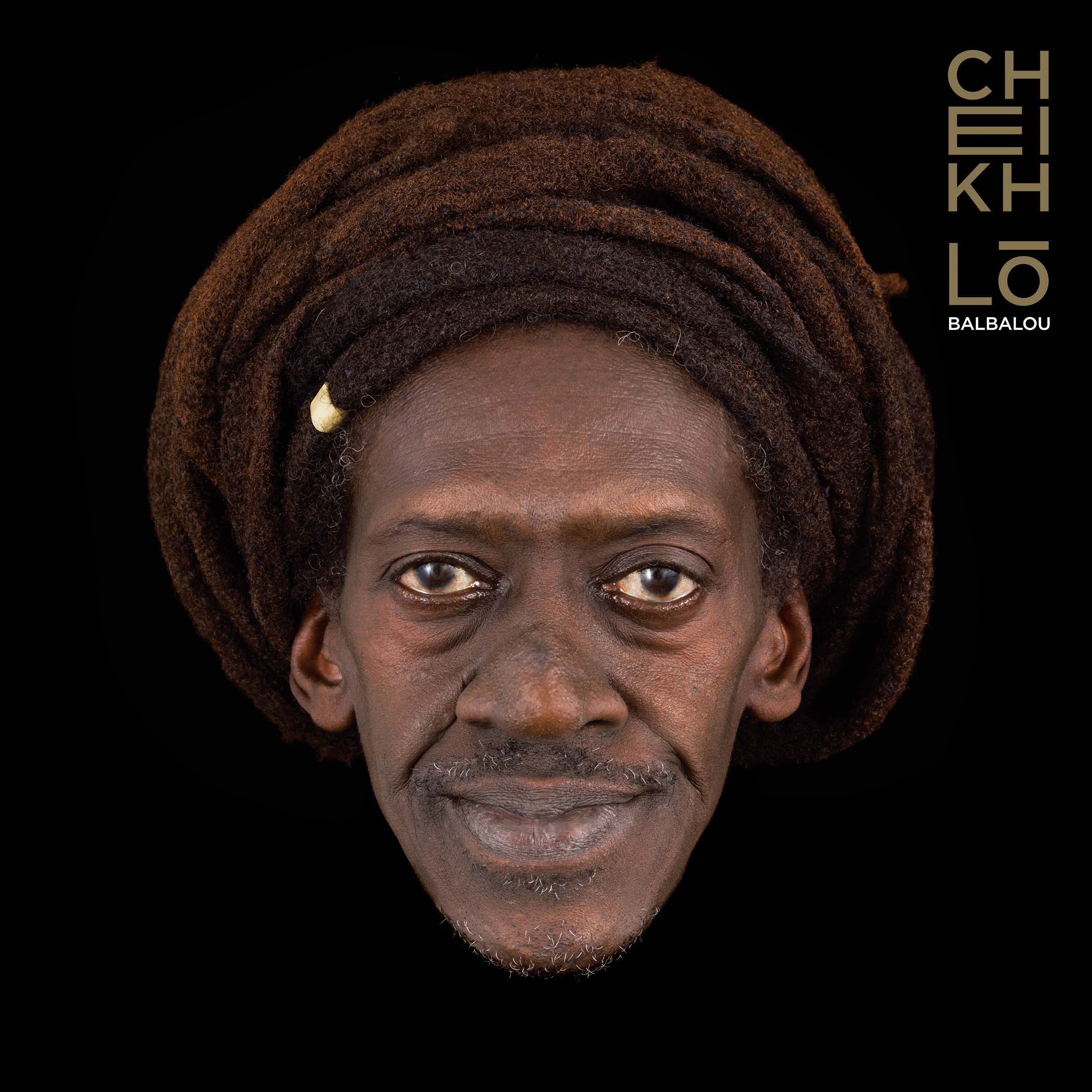This is Cheikh Lô’s fifth album since he burst onto the international scene in 1996 with Ne La Thiass. That release introduced an impressive new artist with a highly personal fusion of fiery, percussive Senegalese mbalax pop, cool Afro-Latin grooves, and elements of Congolese rumba and soukous—all threaded together by one of the most distinctive and versatile singing voices in West African music. Quite a package. And if Lô has taken five years or so to create each successive album—including this one—not a problem. The time, patience, and attention to detail show in every note.
It’s not that there’s anything radically new about the 10 tracks on Balbalou, which translates as “chatting.” What makes the recording so satisfying is the quality of the songwriting and arranging, and the way Lô has perfected his formula, refining it to sound as fresh and vibrant as the first time we heard it. Take “Bamba,” the opener, which unfolds with the slap of sabar drums into a sensuous, undulating groove adorned with tangling electric guitars, gentle piano riffs, and crisp brass breaks. Lô’s voice can shift from a coo to a cry in a heartbeat, and his heart is so evidently invested in his vocal performance that the overall seduction is impossible to resist. And the seduction continues track after track, each one different, from the kora-laced rumba of “Gemou Ma Ko” to the stylized mbalax of “Lutax” and “Leer Gui Fall.”
Lô has said that these new songs return to “the importance of spirituality, at a time when hateful groups like Boko Haram are diverting Islam away from its humanist foundations." As a Baye Fall, a follower of one of the humblest expressions of Sufi Islam to be found anywhere, Lô has long been focused on spiritual life, though never in preachy or mawkish way: His faith deepens rather than constrains his music. Song after song, it is remarkable how the music maintains an almost magical balance between intensity and calm.
Part of that magic lies in Lô’s core concept: a signature marriage of mbalax with its cracking precision, and Afro-Latin romanticism with is elastic gentleness and warmth. Because Lô’s songs can shift easily between dazzling fireworks and hypnotic dreaminess, his voice becomes the guide, modulating these hot and cool potentialities moment by moment, keeping the listener constantly engaged and curious. And what seasoning that voice has gathered, as he’s moved over the years from his birthplace in Burkina Faso, back to his parents’ native Senegal, to the recording studios of Abidjan, São Paulo, and Paris.
There are some interesting guests here. Singer Flavia Coelho adds a Brazilian flavor to “Degg Gui” (Truth). And Mali’s Oumou Sangaré contributes her luscious voice to “Doyal Naniou,” a condemnation of African leaders who seize power in undemocratic coups d’etat. Producer Andreas Unge has done a fine job of keeping so many musical elements in balance. The mixes are full of detail, but never sound cluttered. In the end, though, it is Lô himself, with his memorable songs, engaging soundscapes, and spectacularly moving voice that makes this release a worthy addition to one of the finest canons in modern African music.









